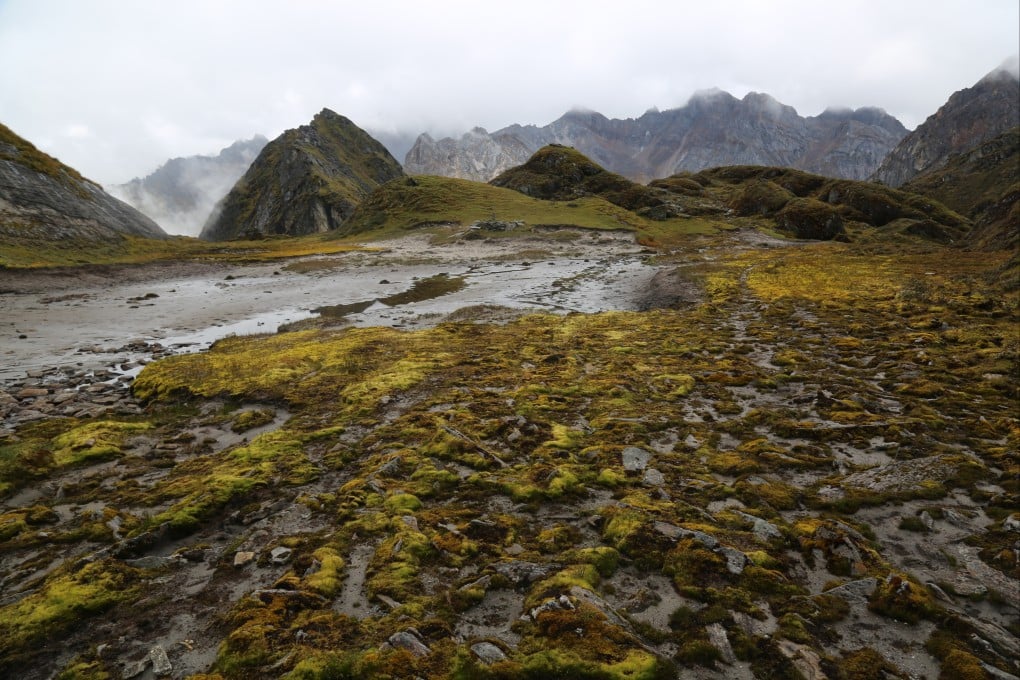Nepal’s hydropower plans spark Leonardo DiCaprio-backed backlash: ‘attack on our ancestral lands’
- The A-list celebrity activist has amplified local outrage over new hydropower plants that conservationists warn will wreak devastation

DiCaprio, a known environmental advocate, last week voiced concerns over the dam construction on the Chhujung, Chhunjam and Bakhang rivers in the Lungba Samba valley of eastern Nepal. The region is home to several endangered plant and animal species, including red pandas and clouded leopards.
Activists launched an online petition earlier this month calling on hydropower companies Sangrila Urja, White Flower Energy, and Summit Energy Solution to keep their hands off the sacred rivers and lands of Nepal’s Sankhuwasabha district. The ecologically vital region is the ancestral home of the marginalised Lhomi Singsa and Bhote indigenous communities, who have lived there for generations.
The proposed hydropower projects were an “attack on our faith and ancestral lands”, said Lhomi Singsa Welfare Centre Chairman Lakpa Angjuk Bhote, who accused the private companies of being purely profit-motivated and ignoring local complaints.
“The companies don’t speak about the rights of the indigenous people,” he said. “Our rivers and forests are sacred to us, and they are destroying our habitat, the wildlife and the environment.”